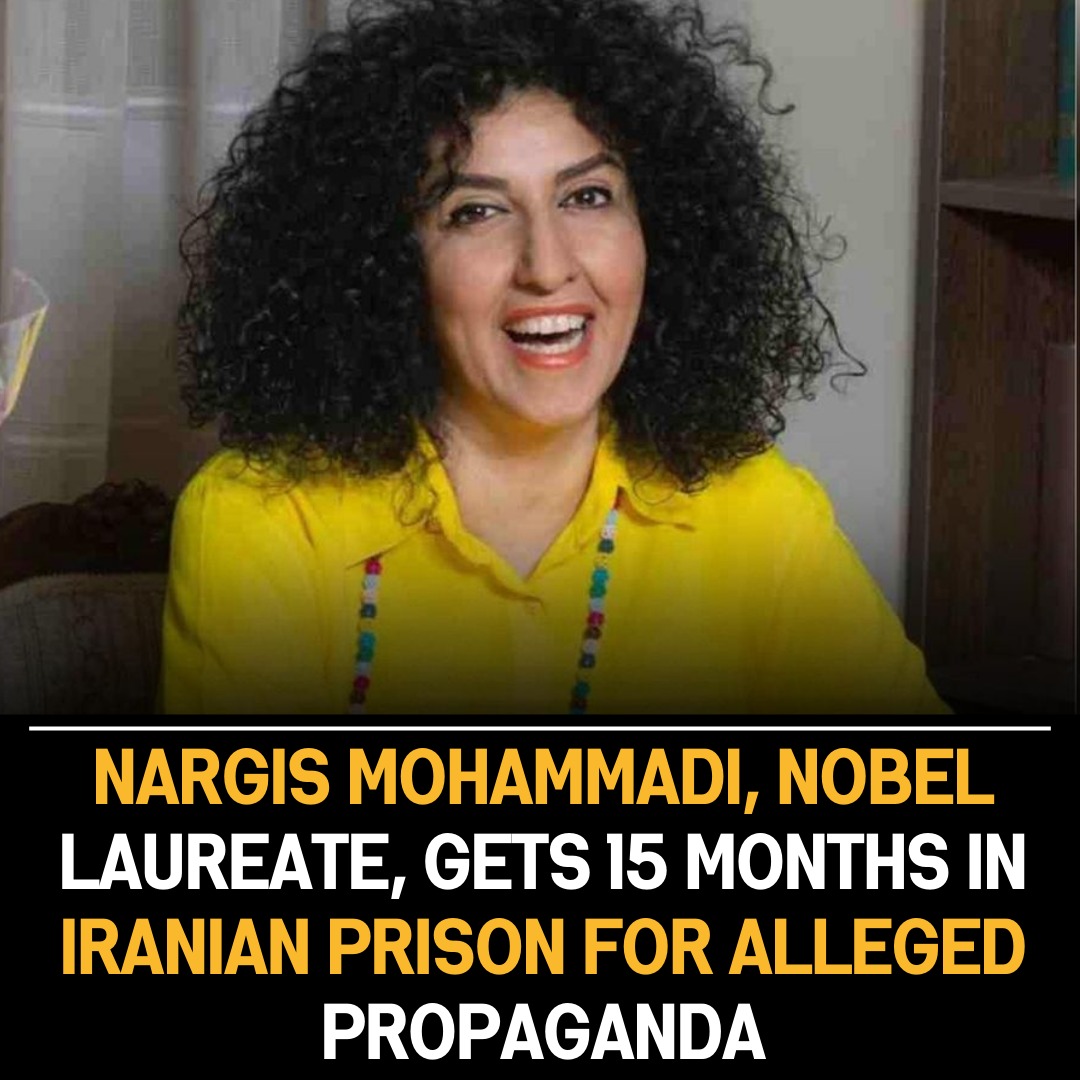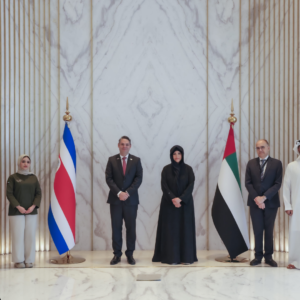Nobel laureate Nargis Mohammadi, renowned for her advocacy of human rights and social justice, has been sentenced to a 15-month prison term in Iran. The sentence stems from allegations of engaging in anti-national propaganda, adding a troubling chapter to Mohammadi’s already challenging history of activism and persecution.
Mohammadi, a prominent Iranian human rights defender and recipient of the Nobel Peace Prize, has long been a vocal advocate for social justice, women’s rights, and the promotion of democratic values. Her unwavering commitment to these principles has often placed her in direct opposition to the Iranian government, leading to repeated instances of harassment and imprisonment.
The 15-month prison sentence, handed down on charges of alleged anti-national propaganda, raises concerns about the stifling of dissent and the targeting of individuals who champion human rights in Iran. The vague nature of the charges adds to the apprehension surrounding the case, as anti-national propaganda accusations can be subjective and prone to misuse as a tool to suppress activism.
This latest legal setback for Mohammadi is not the first time she has faced persecution for her advocacy. In the past, she has endured imprisonment for her human rights work, with her dedication to promoting justice and equality earning both international acclaim and domestic opposition.
The international community has consistently expressed solidarity with Nargis Mohammadi, denouncing the persecution she faces for her activism. Human rights organizations, Nobel laureates, and global leaders have condemned Iran’s treatment of Mohammadi, emphasizing the importance of protecting individuals who courageously stand up for fundamental rights.
The imprisonment of a Nobel laureate for alleged anti-national propaganda underscores the challenges faced by human rights activists in Iran and the broader implications for freedom of expression. Mohammadi’s case is emblematic of the broader struggle for human rights in the country, where individuals advocating for social justice and democratic values often find themselves targeted by the authorities.
As the international community rallies behind Nargis Mohammadi, her case serves as a stark reminder of the importance of safeguarding the rights of activists who courageously strive to bring about positive change. The attention drawn to her plight also amplifies the global call for Iran to respect human rights, protect freedom of expression, and ensure the safety of those dedicated to advancing justice and equality within its borders.
In conclusion, Nargis Mohammadi’s sentencing to 15 months in prison for alleged anti-national propaganda is a distressing development that highlights the ongoing challenges faced by human rights defenders in Iran. The international community’s response to her case will likely play a crucial role in shaping the narrative around human rights and freedom of expression in the country. As the world watches, the fate of Nargis Mohammadi symbolizes the broader struggle for justice and human rights in Iran, echoing the urgent need for concerted efforts to protect those who fearlessly advocate for positive societal change.









